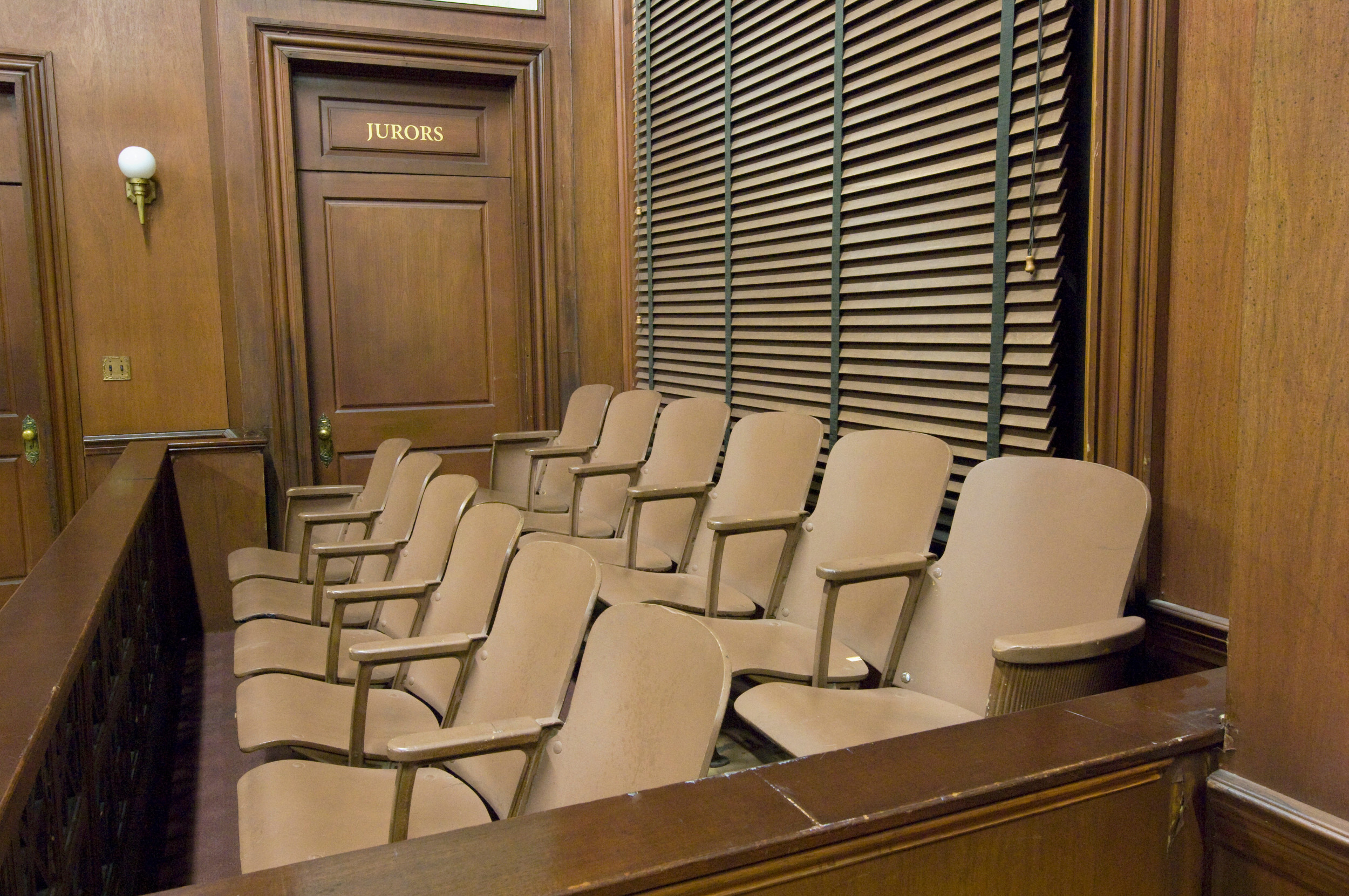
During the pandemic, civil jury trials came to a stop. A few judges experimented with giving jurors iPads and having them view trials remotely. Jury trials are now starting again, but they remain rare. The pandemic may have accelerated a trend that had been emerging for many years: The civil jury trial has been disappearing. Even before the pandemic, the rate of civil cases going to trial in federal court was under 0.5% — a sharp decline from the 5.5% figure of the mid-twentieth century. In state court, the rate of jury trials in civil cases is even lower — under 1%.
Professor Valerie Hans at Cornell Law School and her colleagues at Southwestern Law School and the Center for Constitutional Litigation recently published a paper titled "The Civil Jury: Reviving an American Institution" in The Civil Justice Research Initiative documenting the decline of the civil jury trial over the last few decades. According to the Administrative Office of the U.S. Courts, the rate of federal jury trials was 5.5% in 1962 but had fallen to 1.2% by 2002. That rate dropped to a meager 0.48% in March 2020 when the pandemic took hold and fell further by the end of 2020. The rate of civil jury trials in state court has similarly fallen dramatically — from around 1.8% in 1976 to between 0.6% and 0.9% as of 2019.
This research suggests a number of possible explanations for the decline in the number of jury trials. One is that the Federal Rules of Civil Procedure discourage jury trials. The Federal Rules of Civil Procedure include a jury-waiver default rule and also encourage sweeping discovery, which can mean that with the wealth of information often obtained during discovery, litigants can more accurately gauge the value of the case. That may lead to more settlements than in the past.
Another possibility is that in recent decades, the Supreme Court has approved a broad use of motions to dispose of cases before trial, whether at the pleading stage (Rule 12(b)(6)) or for summary judgment (Rule 56). Around 19% of cases in federal court are resolved on motions for summary judgment, according to The Civil Justice Research Initiative report. A third suggestion is the meteoric rise of mandatory arbitration. Finally, Professor Hans suggests that tort reform, including caps for both economic and non-economic damages, may have reduced the incentive to take cases all the way to trial given the limitations on the amount of compensation available. The limitations on punitive damages awards may also serve to limit the number of claims that are brought to trial.
The American Bar Association argues that civil damage caps and mandatory arbitration may play a role in the decline of the civil jury trial. The results of its study elaborate on these theories. For example, most federal and state courts offer alternative dispute resolution (ADR) procedures on either a voluntary or mandatory basis, which routes cases toward early resolution. Further, many contracts now include mandatory arbitration provisions, lowering the number of civil cases going to trial. In general, research shows that patent cases reach a jury more often than the average civil case. However, Covid-19 has interrupted several high-profile patent cases, and the push toward bench trials or other forms of dispute resolution may become more common in the patent space as well, despite patent litigants' general preference for jury trials (particularly among patent owners).
One question that arises from the decline in the civil jury trial is whether other methods of resolving disputes are equally fair. The American Bar Association reports that, on the whole, lawyers and judges believe that "while jury trials are less predictable, slower and less cost-effective than alternatives, they are also fairer" and that "jury trials are worth the costs associated with them." Thus, research from the report, "The Civil Jury: Reviving an American Institution," indicates there may be a reason to be troubled by the disappearance of the civil jury, which provides benefits to the justice system that simply "cannot be recreated by judges, administrative systems, or private arbiters."
This research identifies at least four benefits that a civil jury trial provides as compared to bench trials or private arbitrations: "(1) the civil jury's competence in fact-finding; (2) the extent to which civil juries allow for community input into the resolution of civil disputes; (3) the civil jury's impact on civic engagement of the citizenry; and (4) the contributions of civil jury trials to the transparency and legitimacy of the legal system."
The extent to which the decline of the civil jury trial threatens the underpinnings of our justice system is debatable. Some researchers and practitioners posit that these implications are alarming, while others view the decline to be net neutral and generally a decision that should be left to the parties.
There are also several practical implications that litigants should be aware of. One is the pressure on parties to settle. Despite a party's conviction that it is in the right on the merits, the combination of the courts' liberal encouragement of dispositive motions and control over the expert witness process and damages caps, can lead litigants to believe that it is strategically preferable to reach a settlement agreement. Further, the American Bar Association reports that many litigants perceive that they face substantial pressure from judges to settle before the case reaches trial, but that some of this pressure may be due to the potentially erroneous perception by judges "that litigants generally prefer to settle rather than go to trial."
Also of particular interest is the effect of Covid-19. Research indicates that the pandemic has exacerbated the decline. Due to public health concerns, many courts refused to hold any jury trials. Last year, as federal and state courts across the country began to slowly re-open, there was a significant backlog of cases — perhaps in the hundreds of thousands — which may require that cases be resolved without a jury.
Uncommon Knowledge
Newsweek is committed to challenging conventional wisdom and finding connections in the search for common ground.
Newsweek is committed to challenging conventional wisdom and finding connections in the search for common ground.
About the writer
To read how Newsweek uses AI as a newsroom tool, Click here.






